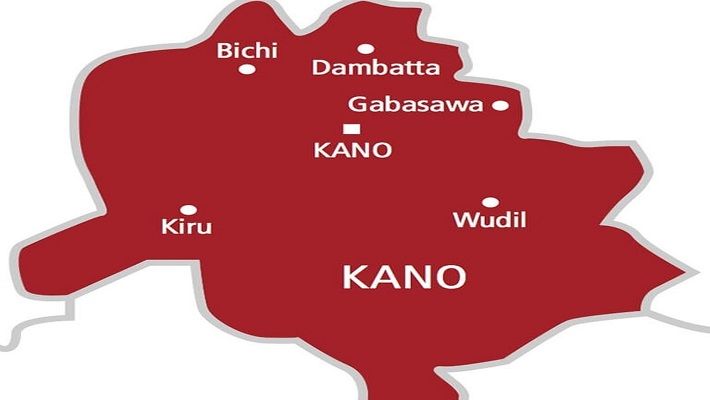
The Kano State Government has announced an immediate ban on the importation of scrap and waste materials from Nigeria’s insurgency-affected northeastern states, citing mounting security concerns following a deadly explosion in the state capital.
The decision was made public by the Commissioner for Internal Security and Special Services, Air Vice Marshal Ibrahim Umaru (Retired), during a high-level meeting with executives of the National Association of Scraps and Waste Dealers of Nigeria (NASWDEN).
According to a statement issued by the Ministry’s Director of Public Relations, Muhd Idris, the temporary ban targets scrap shipments originating from states impacted by the Boko Haram insurgency—primarily Borno, Yobe, and Adamawa.
The commissioner attributed the decision to a recent explosion at a scrap warehouse near Kofar Ruwa, along the Western Bypass Road, which resulted in loss of life and extensive property damage. Security operatives are investigating whether the explosion was caused by hazardous materials smuggled in as scrap.
“We cannot allow Kano to be turned into a dumping ground for dangerous items disguised as scrap,” AVM Umaru said. “We are taking proactive steps to ensure the safety of our citizens.”
He urged NASWDEN members to implement strict safety checks and monitor their supply chains to prevent the infiltration of explosive or hazardous materials.
In response, NASWDEN’s Regional President, Comrade Aminu Hassan, popularly known as Sarkin Karafan Kasar Hausa, pledged the association’s full cooperation. He revealed that scrap dealers had already halted purchases from high-risk northeastern states in light of the recent incident.
“We understand the gravity of the situation and stand firmly with the government on this measure,” Hassan said.
He further appealed for official support to enhance operational standards within the scrap sector, emphasizing NASWDEN’s legitimacy under the Trade Union Law of 2004 and regulation by the Federal Ministry of Labour and Productivity.
Hassan also highlighted the scrap industry’s vital role in Nigeria’s manufacturing ecosystem, noting that many local industries rely on recycled materials due to the unaffordability of new raw inputs.
“If the scrap supply chain is disrupted, it could trigger shutdowns across multiple industries,” he warned.
Beyond industrial supply, he pointed to the sector’s socioeconomic impact. “We have over 100,000 registered members across Kano’s 44 local governments. Many of them are youth who depend on this trade for daily survival.”
The commissioner affirmed that the ban is temporary, pending a thorough review of security risks and the development of a safer verification mechanism for interstate scrap transport.
Kano State, a major commercial hub in northern Nigeria, has maintained relative peace in recent years, but authorities remain on high alert due to spillover threats from neighboring conflict zones.





